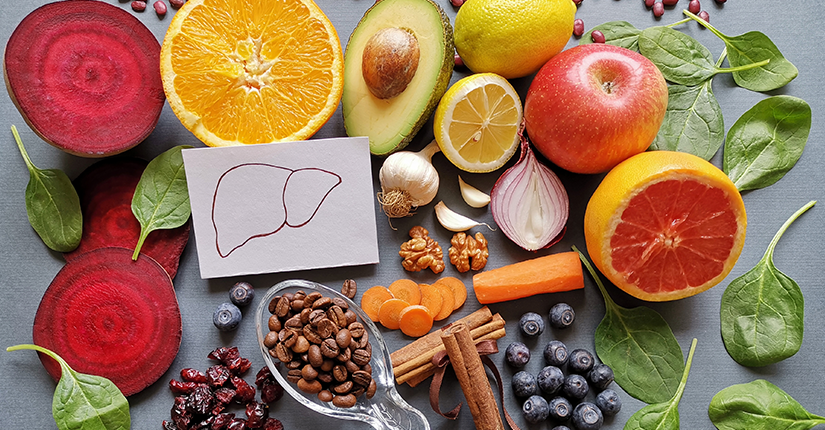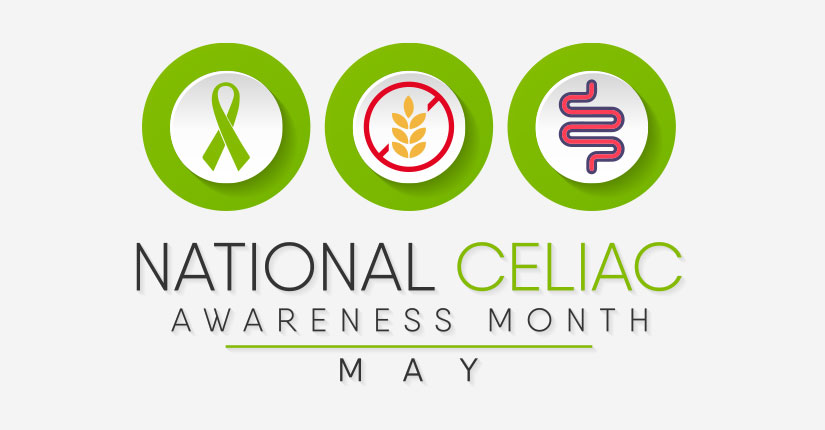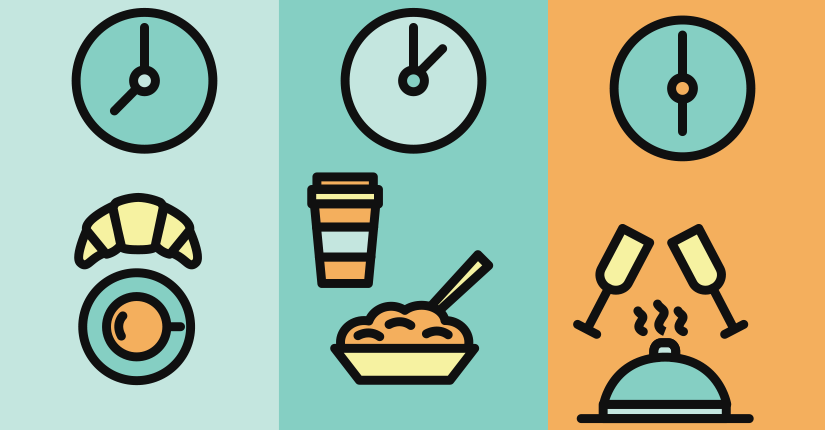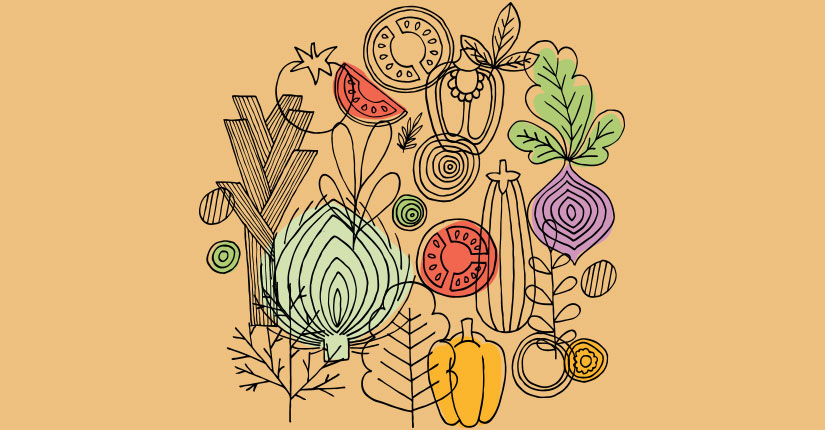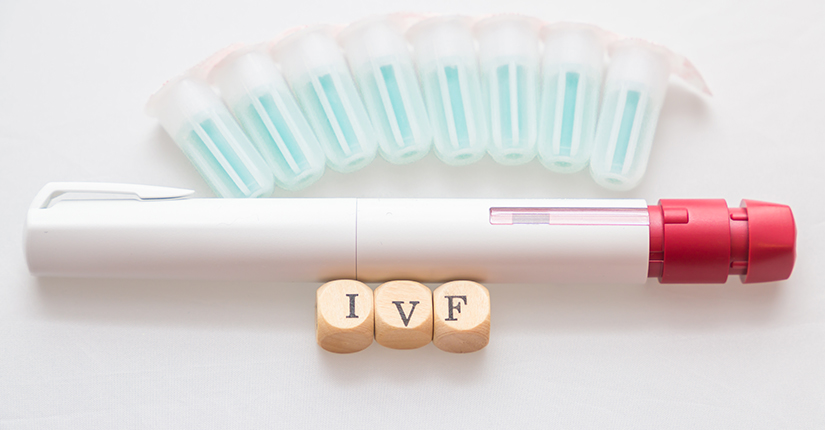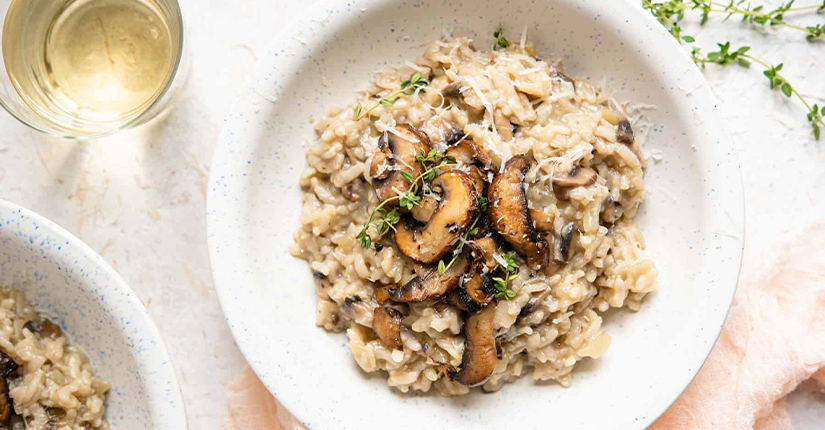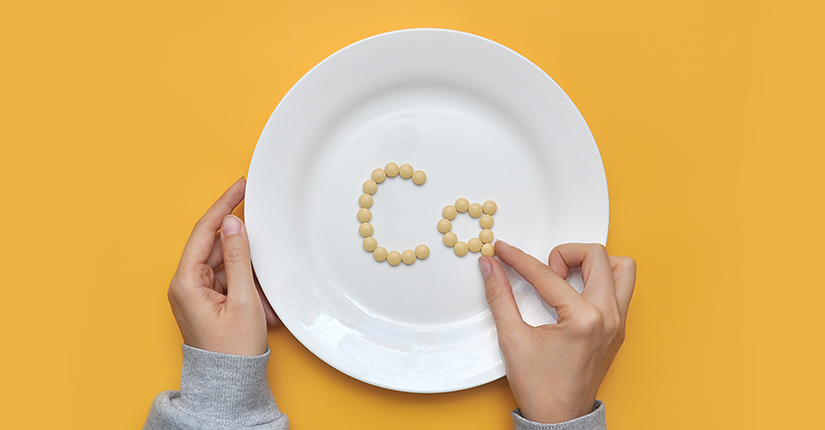Foods for Colon Cancer-Make the right choice
By Nmami Agarwal 05-Mar 2021 Reading Time: 4 Mins
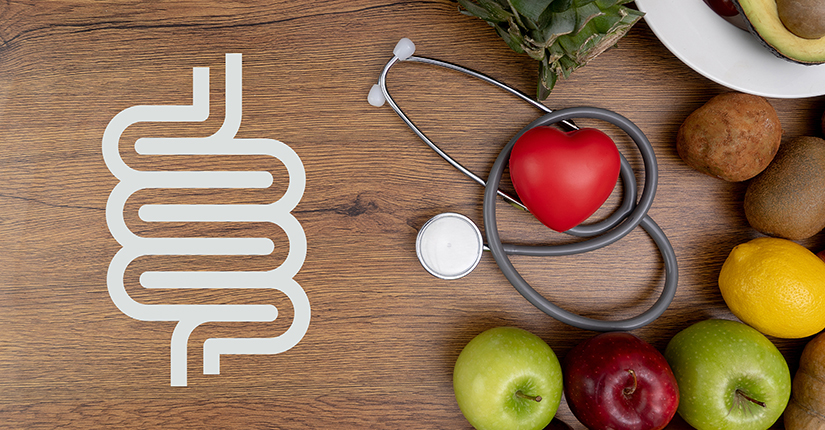
Colon cancer is very common amidst ageing population and its treatment can impact the way your body digest foods, fluids and absorbs nutrients. It is important for cancer survivors and patients to incorporate healthy, plant-based meals and lean protein in your diet to help keep your body strong and nourished pre and post treatment.
There are many side effects of colon cancer and treatments such as constipation, diarrhea, unwanted weight gain or weight loss, heartburn, appetite changes, low blood pressure, fatigue, and risk of infection which can make it even more difficult for your body to absorb all the essential nutrients. Here are a few tips on which foods to aim for to help you make the right choice!
- Dairy
- Whole Grains
- Beans
- Colorful Fruits and Veggies
Most studies agree that calcium-rich dairy products can reduce the chances to have colon growths (called adenomas) and colon cancer. You can also consume calcium supplements as they are helpful as well. Consult your doctor regarding what is right for you. It is surely true that Vitamin D (which is added to milk) might protect against this type of cancer, but more research is needed to confirm.
Whole grains are packed with nutrients and are a very good source of fiber and magnesium. They help in keeping your stools moving, and along the way, they can also grab onto cancer-causing compounds in your colon. We suggest aiming for 90 grams of whole grains on a regular account — whole wheat bread oatmeal, and brown rice are some better options.
Beans and other legumes (lentils, soybeans, and peas, for example) are completely packed with protein, fiber, and vitamins E and B. They also contain compounds called flavonoids, which can prevent tumors from growing, as well as certain antioxidants that can help protect against colon cancer. You can swap one of your usual side dishes for black beans, or prepare a hearty soup, the choice is yours!
Fresh fruits and vegetables have natural substances called phytochemicals, that can block the development of cancer cells or fight the inflammation that may fuel cancer. Many Studies have shown the link regarding fruits and veggies to preventing colon cancer, and cancer organizations recommend them as part of a healthy diet. Your best bets include cabbage, broccoli, and vitamin-C rich fruits like oranges, grapes.
Over To You
When it comes to avoidance, many studies have shown that a diet which contains omega-3 fatty acids can help you lower the risk of some types of cancer and also reduces inflammation. Incorporate fatty fish like salmon, tuna to get a rich source of vitamin D, which has shown some really outstanding results against colon cancer and other malignancies. Overall, cancer survivors and patients should try to minimise eating red and processed meats as well as refined sugars.

